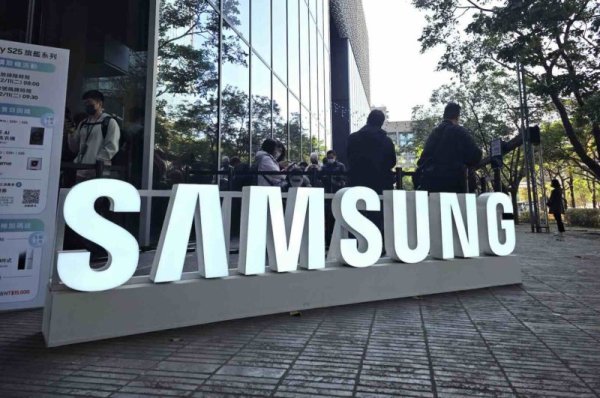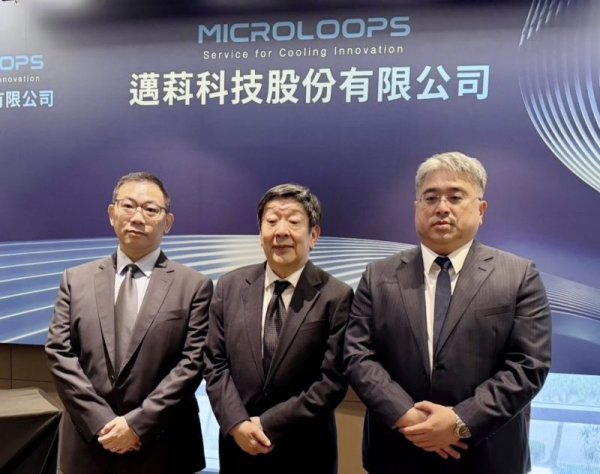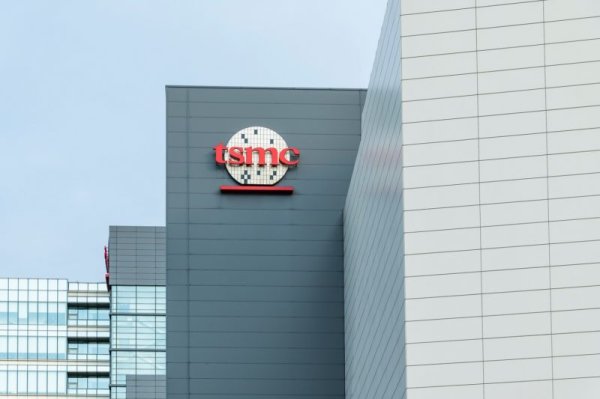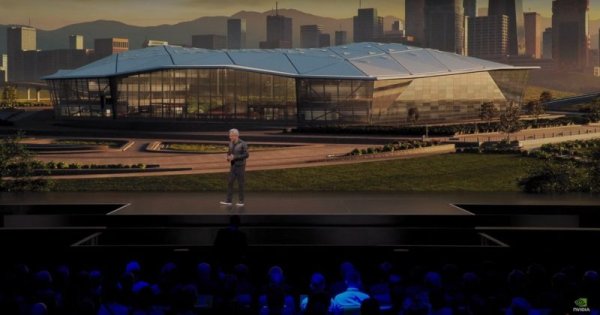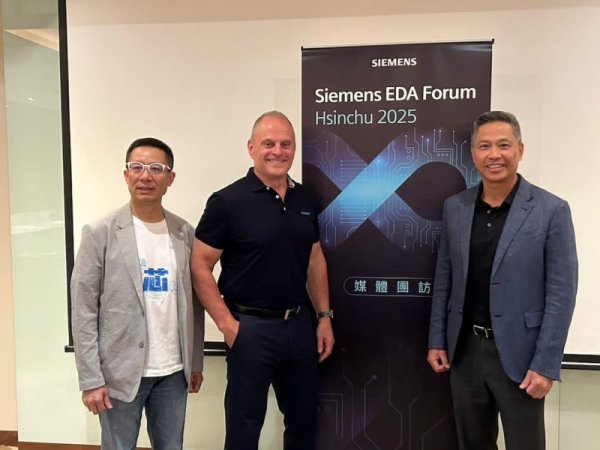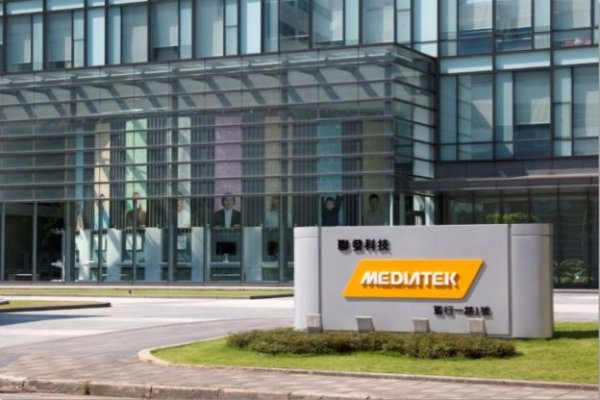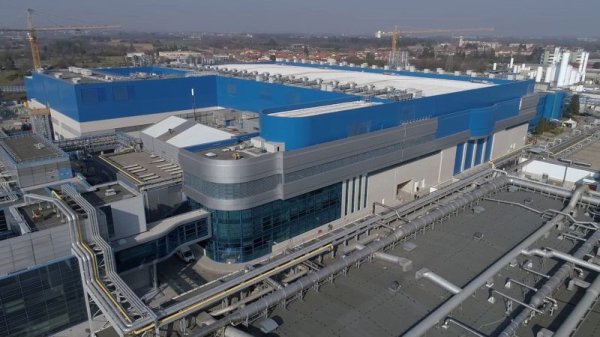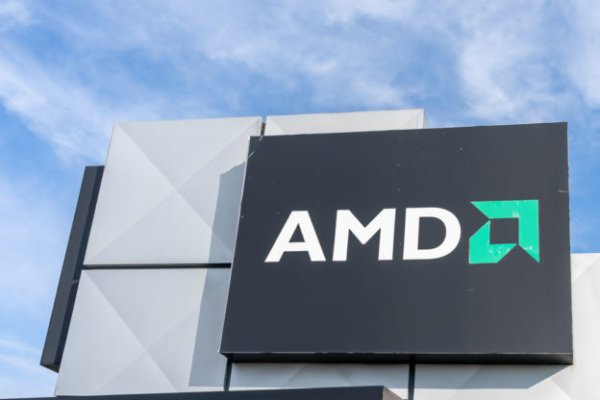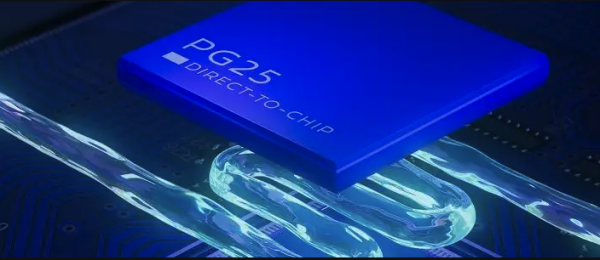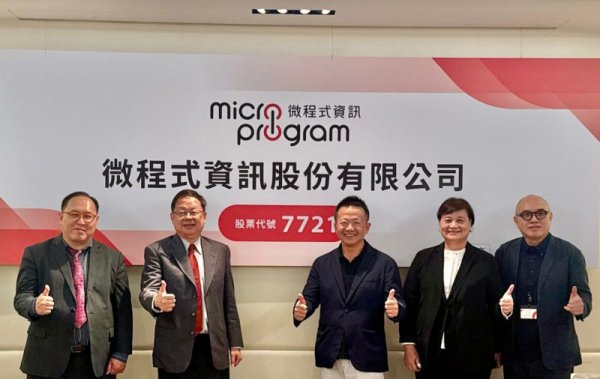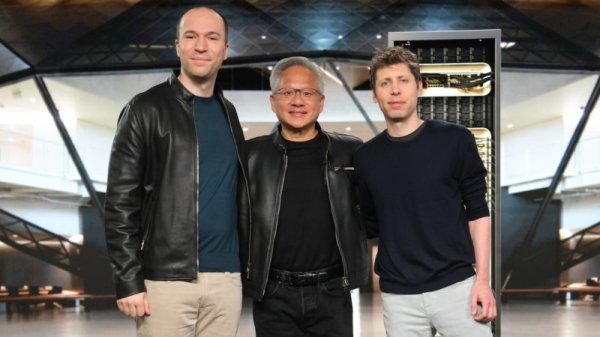Did HP ever use AMD as a backup? How Su Zifeng made it the core soul of AI PC
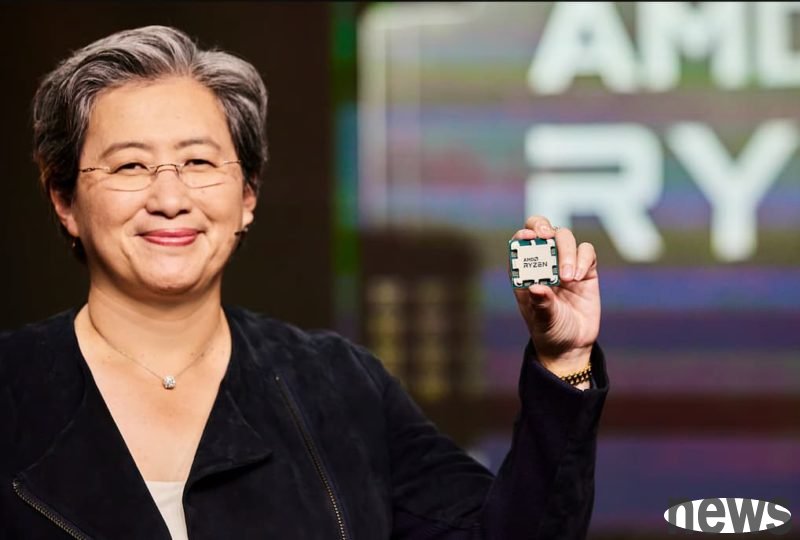
At the recent F1 US Grand Prix, AMD CEO Lisa Su and HP CEO Enrique Lores reviewed their cooperation for more than ten years and shared the success story of how to transform a mediocre product line into a high-end market. Luo Lisi pointed out that he was impressed by Su Zifeng's clear vision, and Su Zifeng appreciated Luo Lisi's determination to make bold bets in a semiconductor company that was facing difficulties at the time.
Lolis mentioned that HP initially only used AMD for the low-end consumer market, but they jointly saw the opportunity to apply AMD technology to high-end products for commercial customers. They must convince their respective CEOs and develop economic models to prove the feasibility of this strategy. Over time, AMD has become a supplier of high-performance chips for HP's AI-powered PCs, laptops and workstations, and has played an important role in the AI revolution.
In recent years, the cooperation between AMD and HP has expanded from the traditional PC market to the field of AI-driven high-performance computing. AMD will successively launch next-generation processors such as Ryzen PRO 200, Ryzen AI PRO 300, and Ryzen AI Max in 2025, and jointly release a variety of AI PCs and workstations with HP, such as HP EliteBook, OmniBook TOPS can even run a language model with 70 billion parameters on the PC.
Under Su Zifeng’s leadership, AMD successfully transformed and became a powerful force in the AI field, while Lolis transformed HP from a hardware company into what he calls an experience solutions company, bringing AI capabilities from the cloud into devices. Although HP's performance has rebounded since Lolis became CEO in 2019, it still faces the challenge of customers and software companies recognizing its value proposition, especially in the context of a large inflow of corporate funds into large-scale language models.
AMD’s Lisa Su and HP’s Enrique Lores describe how they went from ho-hum to high-end

